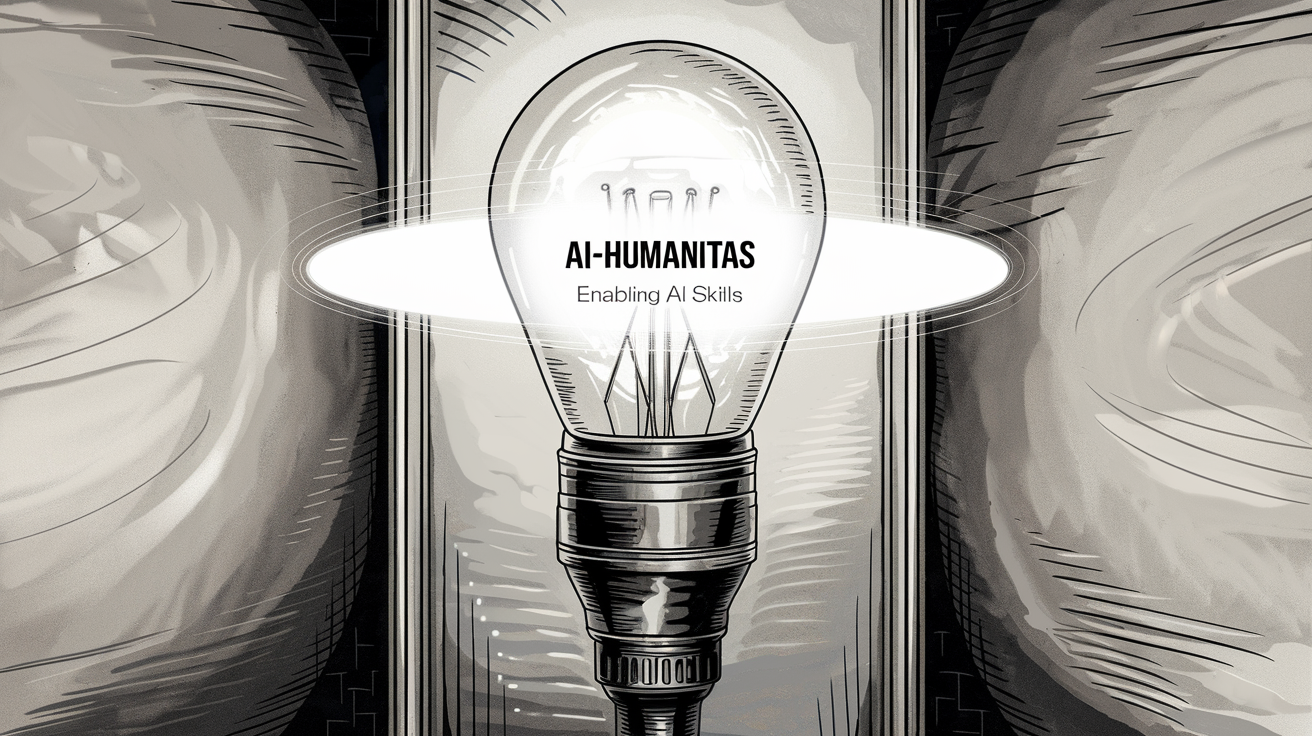Mastering AI chatbots requires hands-on experience rather than just technical expertise

Interacting with AI technologies like ChatGPT or Microsoft Copilot is becoming an indispensable skill in today's world. Guest author Dr. Wolfgang König explains why hands-on experience is key to mastering these tools.
AI is a broad term encompassing various technologies. In the form of chatbots like ChatGPT or Microsoft Copilot, anyone can theoretically use AI without specialized IT knowledge. What once seemed like science fiction is now reality: AI chatbots that assist us in our work, provide information, and even support creative processes. However, using these technologies effectively requires a new type of skill - one that goes beyond just a trend: "chatbot literacy."
Chatbot literacy: a crucial future skill
The term "skill" refers to an ability acquired through practice, training, or experience, similar to reading, writing, or arithmetic. While these basic skills have been part of education for centuries, chatbot literacy is emerging as a new, essential skill for the future. In an increasingly technological world, it's becoming more important to use AI tools confidently and competently. Chatbot literacy isn't just about mastering a new tool; it's about acquiring a fundamental skill that should be as natural in daily and professional life as writing an email or creating a presentation.
Experience over expertise
A crucial aspect of chatbot literacy is the focus on experiential knowledge. Unlike traditional work tools or learning media that emphasize specific expert knowledge, working with chatbots centers on a different type of knowledge. Ideally, the chatbot already possesses the required expertise. The user's task is to retrieve and apply this knowledge effectively.
This applies particularly to the sensible use of AI chatbots as tools. Compare it to a calculator: when calculators were introduced, mental arithmetic became less important. Instead, it became crucial to use the calculator correctly and assess whether the result made sense. The situation is similar with AI chatbots. For example, when using an AI chatbot to summarize a text according to certain criteria, it's essential that the user can not only give the correct instructions but also critically evaluate the AI summary and assess its plausibility. This requires a basic understanding of how AI chatbots work, their strengths, and their limitations. Only then can users ensure that the results are not only technically correct but also meaningful and trustworthy in terms of content.
The dynamic evolution of chatbot technologies
Another factor that makes chatbot literacy a key future skill is the rapid development of chatbot technology. Unlike many other digital tools that remain relatively unchanged for years, chatbots are evolving quickly. New functions, improved algorithms, and expanded applications make it necessary to continuously stay up-to-date with the latest developments.
Establishing chatbot literacy
Chatbot literacy is more than just a technical trend - it's a key skill for a future that has already begun. It will increasingly play a central role in education and training. Ultimately, this is about the sensible use of chatbots like ChatGPT.
In the next installment, we'll discuss the risk of burnout from AI. Following that, you'll learn how to systematically integrate AI into your daily work using the chatbot literacy cycle.
AI News Without the Hype – Curated by Humans
As a THE DECODER subscriber, you get ad-free reading, our weekly AI newsletter, the exclusive "AI Radar" Frontier Report 6× per year, access to comments, and our complete archive.
Subscribe nowAI news without the hype
Curated by humans.
- Over 20 percent launch discount.
- Read without distractions – no Google ads.
- Access to comments and community discussions.
- Weekly AI newsletter.
- 6 times a year: “AI Radar” – deep dives on key AI topics.
- Up to 25 % off on KI Pro online events.
- Access to our full ten-year archive.
- Get the latest AI news from The Decoder.